EXCLUSIVE: The coach who went from early retirement to working with Europe's finest
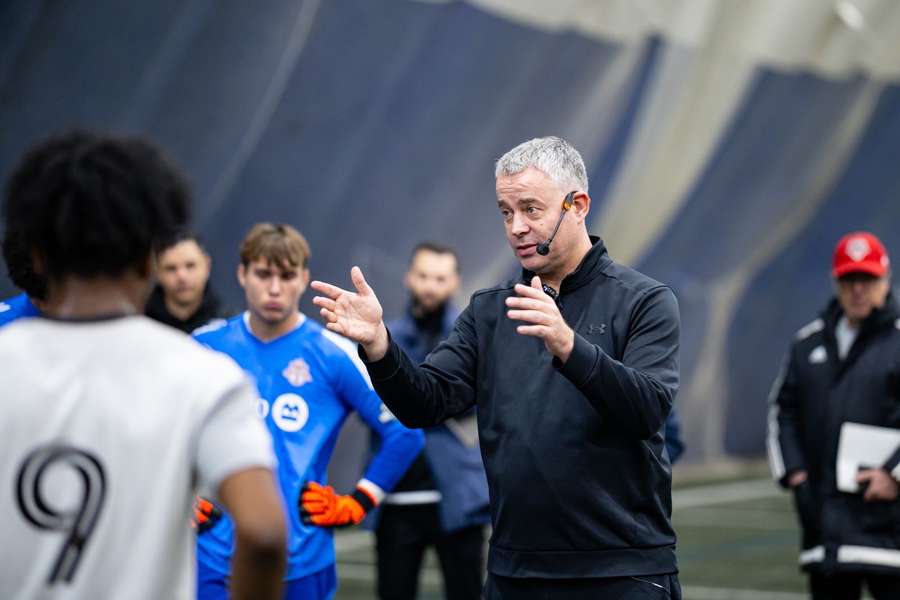
Verheijen began his journey in football as a talented youth player in the Dutch Academy structure during the 1980s. However, any hopes of making it as a professional player were ended at the age of just 18 when he was forced to retire due to a chronic injury.
Determined to remain involved in the sport he loved, Verheijen used the setback as a source of motivation, shifting his attention towards a career in coaching instead.
“If you play for your national team at an under-17 level, you assume that you will become a professional player so that is all you can think about at that moment,” he explained to Flashscore.
“If that then falls apart, you are going to try and fulfil your dream in an alternative way. This is why I decided to start coaching when I was 18.”
That decision proved to be an inspired one, with Verheijen’s coaching career taking him to four World Cups and four European Championships. He also worked with several of Europe’s top clubs, including Barcelona, Chelsea and Manchester City.
Having accumulated a wealth of experience as both a coaching assistant and a conditioning consultant, the Dutchman has since set up his own organisation called Football Coach Evolution. This education programme has become a major knowledge provider for FAs and clubs all over the world.
Furthermore, Verheijen has published a wide range of books, including the best-selling ‘Football Periodisation’ and the recently released ‘Analysing Football’.
Illustrious international career
Having studied Exercise Physiology and Sport Psychology at university, Verheijen developed his master’s thesis into a book called ‘Conditioning for Soccer’. That was soon adopted by the KNVB as he became a pro-licence instructor at the Dutch FA in 1998.
Verheijen’s first course as an instructor saw him work alongside and develop relationships with several high-profile names, and one of those proved to be a valuable connection in the early stages of his coaching career.
“I was young for a pro-licence instructor, especially if your first group has people like Ruud Gullit, Ronald Koeman, Marco van Basten and Frank Rijkaard,” he said.
“They immediately threw me in the deep end but I remember it was not a problem for me. Maybe that is also what Frank (Rijkaard) saw because when he became the Netherlands coach after that course he asked me to be one of his assistants.”
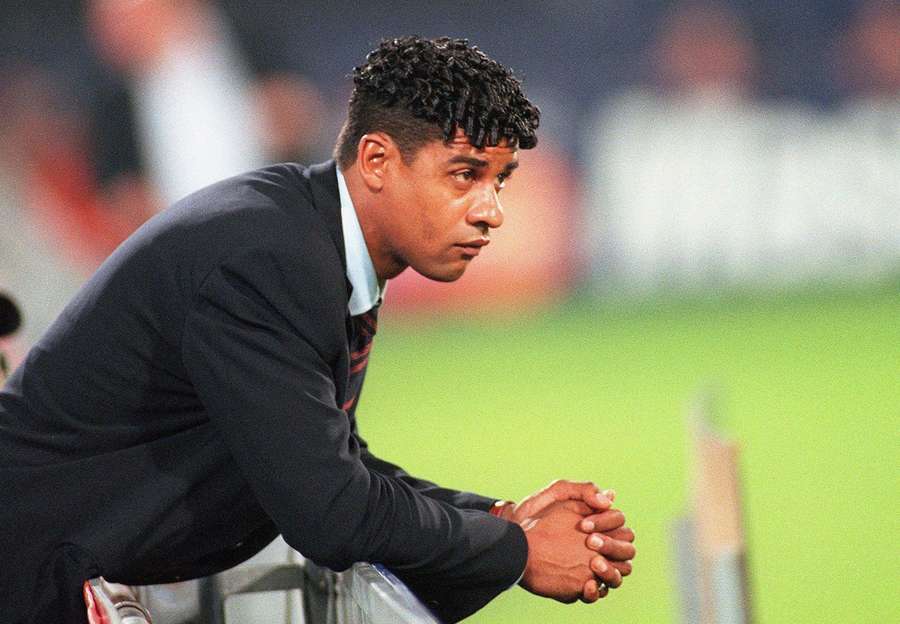
Verheijen worked with Rijkaard at Euro 2000 as the Dutch national team reached the semi-finals. It was an invaluable first experience of major tournament football for a young coach, who took on board plenty of important lessons.
“I made the mistake that every young coach makes; because you want to do it right there’s always the pitfall that you want to do too much, but thankfully with Frank (Rijkaard), Johan Neeskens and Ruud Krol I had fantastic mentors who guided me to the right pathway.”
Verheijen would go on to be involved in the next seven major international tournaments, including memorable roles as Guus Hiddink’s assistant coach for South Korea at the 2002 World Cup and Russia at Euro 2008.
He also worked alongside Dick Advocaat at both Euro 2004 (Netherlands) and Euro 2008 (Russia), as well as helping out on the conditioning team of Argentina during their run to the World Cup final in 2014.
When asked to choose a special memory from those tournaments, Verheijen said: “South Korea stands out of course because that was like a fairytale. It was incredible to see a whole country go crazy.
“It proved what is possible when you have a group of players who are fully committed to being successful. The playing style was rock solid, so from a technical point of view it was very clear to every one of them what was expected.”
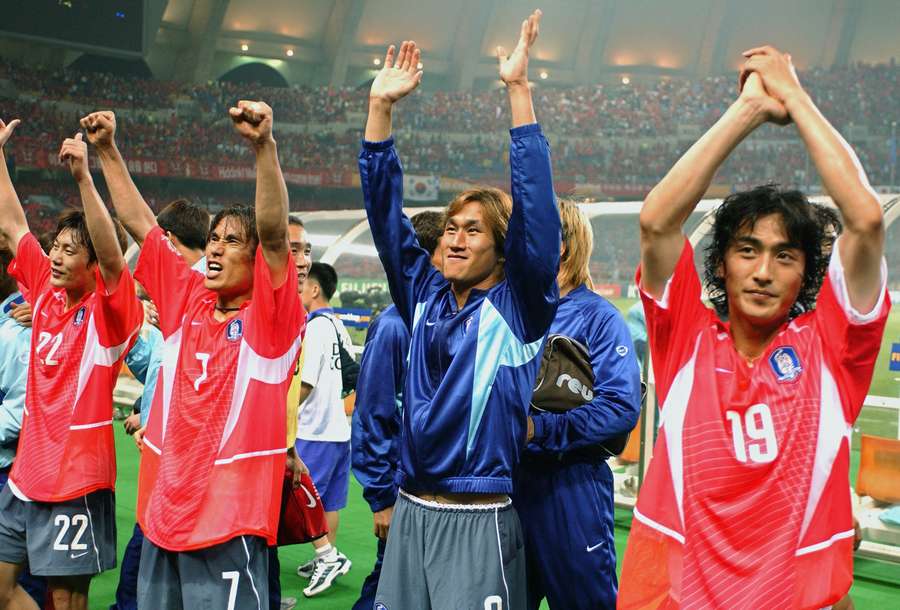
Working with Europe's finest
In addition to his exploits on the international stage, Verheijen boasts an impressive track record of working alongside some of the sport’s biggest names at club level.
Verheijen was involved at Barcelona as a conditioning consultant during their Champions League triumph in 2006, with manager Rijkaard keen to call on his former deputy’s expertise.
“He (Rijkaard) was familiar with my way of thinking because of the pro-licence course we did together and then working with the Netherlands, so he wanted to implement something similar at Barcelona,” Verheijen explained.
During his time at the Catalan giants, Verheijen was in close contact with world-class players such as Carles Puyol, Andres Iniesta, Ronaldinho and an 18-year-old superstar by the name of Lionel Messi.
While acknowledging it was “very impressive” to witness their quality on a day-to-day basis in training, the Dutchman admitted that coaching such excellence can be problematic when working in different setups later down the line.
“If those are the players you are dealing with near the beginning of your coaching career, then unconsciously that becomes the benchmark. That kind of expectation is not always helpful for the rest of your career.”
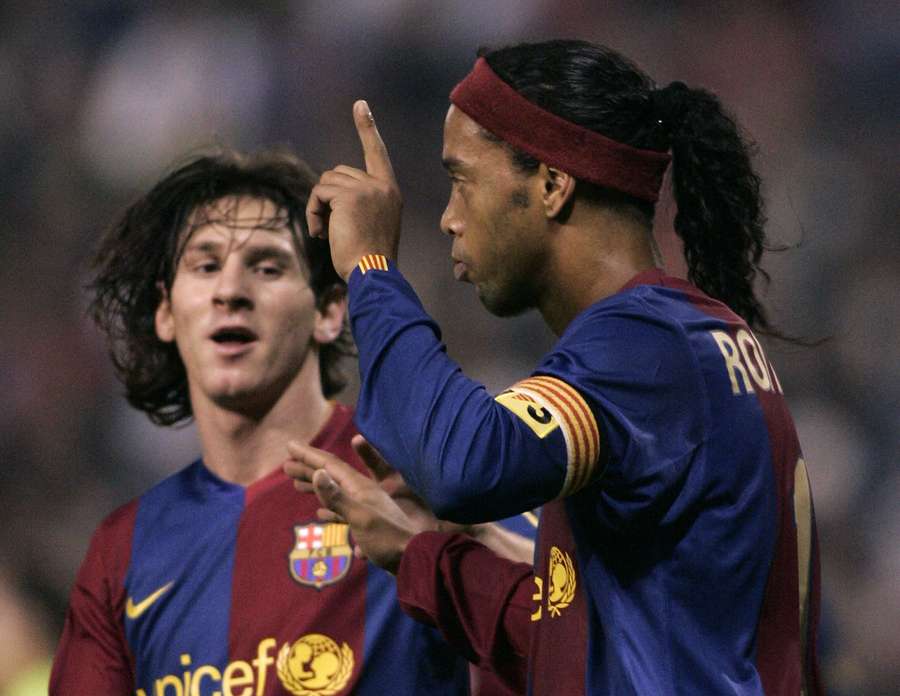
Following his time at Barcelona, Verheijen also had short spells at Chelsea and Manchester City in the late 2000s. It was a productive period for him, helping Hiddink’s Chelsea side to a strong Premier League finish and FA Cup glory in 2009.
“In those years in English football, it was relatively easy to have an impact because it was early days in terms of football conditioning and periodisation. Those areas of expertise were not really developed yet.”
Addressing controversial comments
Verheijen has courted controversy in the past with some of his much-publicised comments on the training methods of various top-level coaches.
The Dutchman described Liverpool’s training regime under Jurgen Klopp as a “mess” back in 2017 and has also referenced Mauricio Pochettino as someone who “definitely learnt his lessons” during his first two seasons at Tottenham.
According to Verheijen, fatigue is the primary reason for injury and therefore it is the coach’s responsibility to tailor training programmes effectively to help prevent muscular injuries from occurring. With this in mind, he said comments about Klopp and other managers were intended to be constructive rather than negative.
“Criticism is actually a positive thing because criticism means that you try to identify and correct flaws. That is a necessity if you want to develop and improve,” stated Verheijen.
“I criticised these coaches based on evidence, I always substantiated my criticism with objective, logical arguments and not my subjective opinion.”
Furthermore, the Dutchman was keen to point out that he had identified the problematic training methods before the respective coaches dealt with their long injury lists.
“I also always said it in advance. A lot of people criticise afterwards but that is easy because then you already know the end result,” he said. “I predicted the mistakes.”
Verheijen was full of praise for Klopp's successor at Liverpool though, with Arne Slot winning nine of his first 10 matches in charge of the Reds, leading them to the Premier League summit in the process.
"Slot has already developed himself as one of the best Dutch coaches," Verheijen noted. "He has a great tactical understanding of the game.
"When he talks about the game, he is always clear because he keeps things simple and to the point. Also, he has a very football-specific approach which is much appreciated by players."
Injuries and fixture congestion
Research carried out by Flashscore over the past three seasons (2021/22, 2022/23 and 2023/24) found that Chelsea players ranked highest among the top sides in the Premier League, LaLiga, Bundesliga and Serie A for total days lost to injuries.
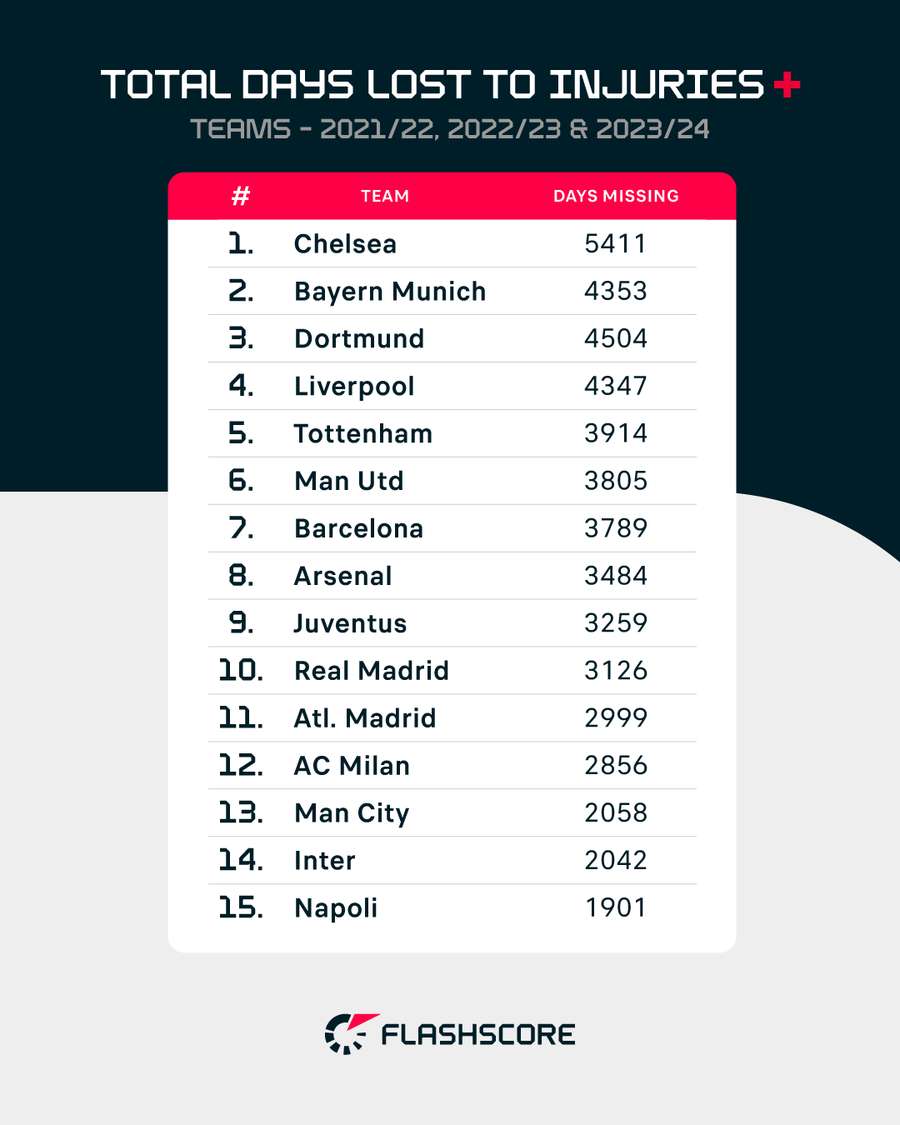
When asked why this might be the case, Verheijen pointed towards the amount of change at the club as a likely reason and referenced a UEFA Champions League study carried out by Jan Ekstrand.
“When there is a change in coaching staff, there is a spike in injuries and this spike is significantly bigger if the change in coaching staff also means a change of fitness coach,” explained Verheijen.
“A lot of fitness coaches aren’t football coaches, so they are thinking about fitness in a non-football or isolated way.
“Fitness coaches all have a different way of training, meaning the players’ bodies have to adapt to a totally new way of training and that is the main reason for those injuries.”
The Dutchman also voiced his concerns about the growing number of fixtures on the calendar, with revamped tournaments such as the Champions League and Club World Cup placing further physical demands on players.
“Governing bodies and football clubs should understand that they have to nurture and protect their product,” he stated.
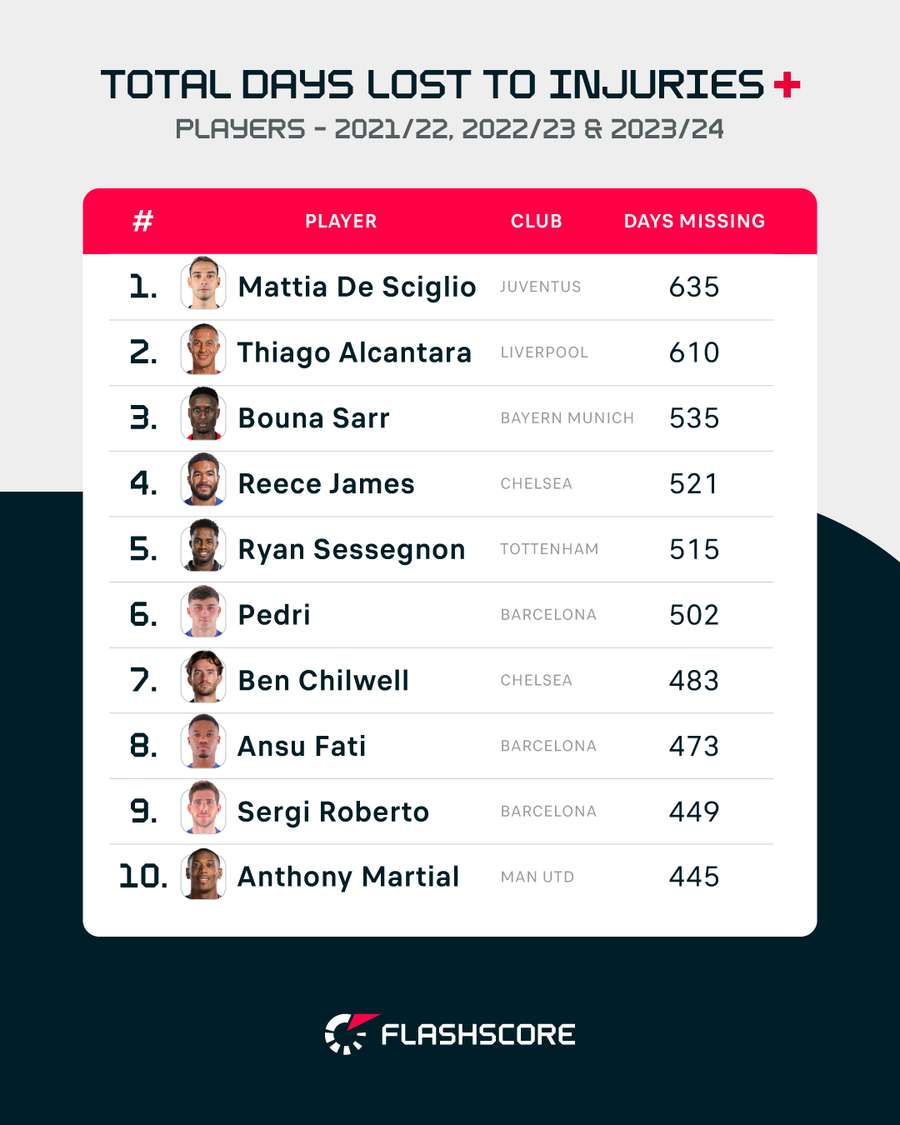
“That means they have to pay attention to the well-being of the product (players), but what they are doing in reality is exploiting the product.
“They just check how far they can push those players because the further they can push them, the more money they make and as a result more of the top players get injured.
“Unfortunately, in the long term, they are effectively destroying their product.”

